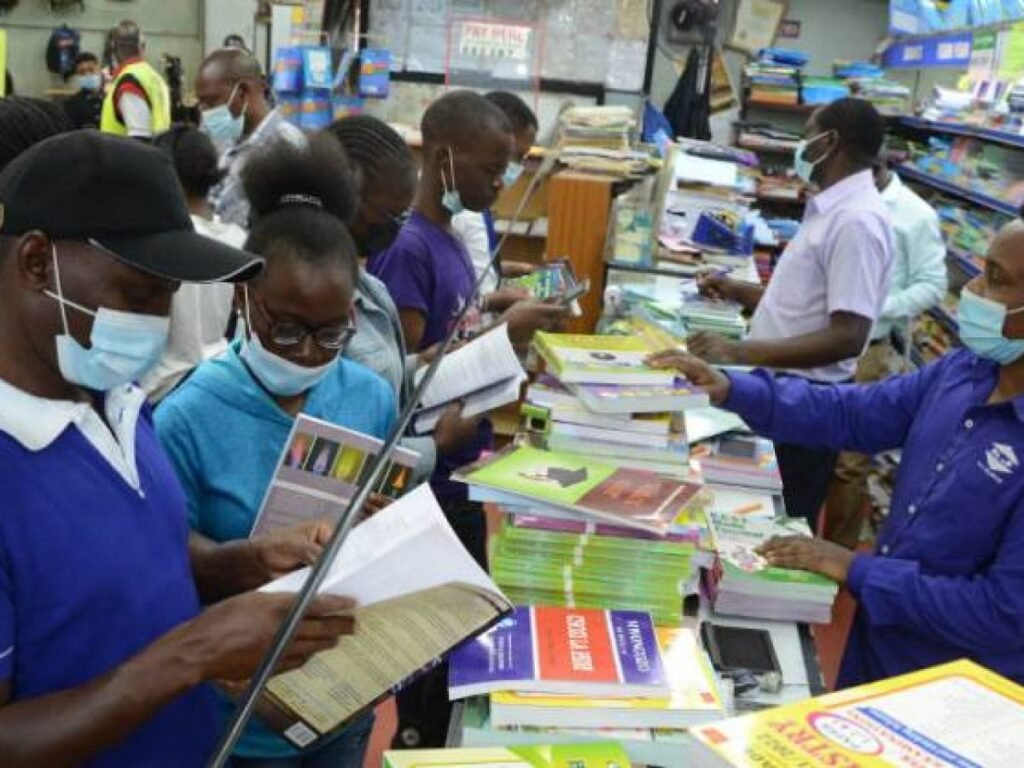General News
Courts Declare Huduma Namba Invalid

The High Court has declared Huduma Namba invalid after ruling that the law wasn’t followed in its roll-out.
Justice Jairus Ngaah ruled on Thursday, October 14, that the Government failed to conduct data impact assessment before rolling out the cards in November last year, contravening the Constitution in the process.
Law scholar Yash Pal Ghai and Katiba Institute had, in November 2020, challenged the roll-out of the cards over lack of guarantee against theft or misuse of Kenyans’ personal information.
The lobby group argued that the Government failed to subject the fresh registration of Kenyans to data protection impact assessment (DPIA), a requirement under the law.
The assessment is aimed at identifying risks that could arise due to a breach of privacy, loss of data and unlawful use of information like names, date of birth, postcode and residences.
The Government started issuing the cards in early December 2020, after stating that the current National Identification Cards would cease being valid in December this year.
President Uhuru Kenyatta launched the Huduma Namba mass registration on April 2, 2019.
Meanwhile, an application by Jacqueline Ntuyabaliwe, the widow of the late Tanzanian media mogul, Reginald Mengi, that her late husband had no mental ability to make a valid Will, will be heard and determined.
This is after the Court of Appeal rejected legal challenges against the former Miss Tanzania’s application seeking revision of a decision of the High Court that quashed a Will that was allegedly written by Mengi, reports The Citizen.
The IPP trailblazer and philanthropist died in Dubai, UAE, in 2019. He was 75.
The Will, purportedly made in 2017, cited Ntuyabaliwe and their twin children as the beneficiary of the billionaire businessman’s wealth, estimated in 2014 by Forbes to be worth over $560 million.
General News
IMF Criticizes Kenya’s Fuel Subsidy Re-Introduction, Warns of Budget Distortion

The International Monetary Fund (IMF) has criticized Kenya for re-implementing the fuel subsidy scheme, expressing concerns that the lack of funds to pay oil marketers could distort the budget.
Despite a previous commitment by President William Ruto in 2022 not to subsidize pump prices, the government reintroduced the subsidy, preventing petrol and diesel prices from reaching higher levels in October 2023.
The IMF argues that the subsidy was applied without available funds, as the Treasury has yet to pay oil marketers at least Ksh9 billion ($55.6 million) accumulated from the previous year. President Ruto’s decision to reinstate subsidies goes against conditions set by the IMF for accessing loans.
Petrol and diesel prices, which were Ksh217.36 ($1.34) and Ksh205.47 ($1.27) respectively in Nairobi in October 2023, remained lower than the potential Ksh220.43 ($1.36) and Ksh217.11 ($1.34) due to the subsidy. However, the IMF disapproves of the decision, emphasizing that the removal of the subsidy was a key condition for a 38-month budget support scheme.
The IMF criticizes the prolonged process of forming a taskforce and delays in implementing decisions regarding fuel pricing.
The removal of the subsidy in May of the previous year led to record-high pump prices, crossing the Ksh200-mark later in the year due to a combination of subsidy removal and a VAT increase to 16 percent.
Kenya’s administration, faced with rising fuel costs, chose to reinstate the subsidy, prompting the IMF to raise alarms over the lack of budgeted funds and potential distortions in the country’s financial plans.
The ongoing disagreement highlights the challenges and consequences associated with balancing domestic economic policies and meeting international financial commitments
General News
Parents in Meru County Turn to Second-Hand Books Amid Economic Hardships

As the back-to-school rush season unfolds in Meru County, a growing number of parents are making a strategic choice to purchase second-hand books for their children.
This decision stems from the challenging economic conditions that have prompted families to seek ways to cut costs.
Among these parents is Ms. Prisca Gakii, who revealed that opting for second-hand books allows her to save money, which can then be allocated towards essential expenses like school fees.
She highlighted a practical advantage for Form-One students, emphasizing that using older books can protect them from potential theft, as new books often become targets for less scrupulous classmates.

Ms. Gakii pointed out a notable price difference, citing an example of a new Oxford dictionary priced at almost Sh1,900, compared to a used one available for Sh1400.
She justified her preference for the older but more affordable option, emphasizing that they contain the same content.
Janet Wamuyu, a second-hand books trader, shed light on the lucrative nature of their business during the opening of the first term, which coincides with the peak season.
As learners transition to new grades or classes, there is a heightened demand for various books, including dictionaries, Kamusi, and Golden Bells.

Wamuyu explained that this period, especially when Form-One students are joining school, facilitates easy acquisition of books for new stock.
The trading process involves exchanging books for the next grade or class at a lower rate, providing an economical alternative for parents instead of purchasing an entirely new set of books.
She further noted that their source of new stock comes from parents whose children have completed their studies and no longer require the books.
Despite the success during the peak season, Wamuyu acknowledged the challenges faced during other times of the year when only a few revision books are in demand, highlighting the cyclical nature of the business in Meru County.















